Sustainable Staff Outsourcing: How Green Initiatives in the BPO Industry Can Impact Your Business
In a report by Grand View Research, the Business Process Outsourcing (BPO) market is currently valued at USD 280.64 billion. It is projected to grow at an annual rate of 9.4% CAGR from 2023 to 2030. The market in the UK has grown significantly, at a rate of 10% CAGR during the same period.
Presently, China, the Philippines, and India are the top service providers in the industry. These three of the 51 Asian countries have notably large populations. Following general trends and with such a large market share in a fast-growing industry, combined with a workforce having vast social and environmental impacts, the industry is ripe for a transformation towards sustainable development.
What is Sustainable Development?
The United Nations defined sustainable development in 1987 as “development that meets the needs of the present without compromising the ability of future generations to meet their own needs”. Sustainable development can be measured in various frameworks, but most business practices use the environment, social, and governance (ESG) metrics. There is no universal ESG metric; they may stem from a company’s values or be framed by regulators. As early as 2020, ESG metrics were being studied to be standardised by The World Economic Forum. Sustainable development, ESG metrics, and even eco-capitalism and the “triple bottom line” framework help measure a company’s social, environmental, and economic impacts. Depending on business size, location, or goals, different frameworks may apply to the BPO industry.

Defining Sustainable Development for BPOs
Sustainable Staff Outsourcing is the practice of managing finite Staff Outsourcing resources efficiently while balancing environmental concerns and social responsibilities. It focuses on long-term goals for the country and the planet as much as the business’s bottom line.
While sustainable Staff Outsourcing can be hard to measure quantitatively, in this article we show how you can apply different qualitative principles in any workplace.

1. Environmental Protection
This involves efforts by businesses to conserve the natural environment and its resources. The environment here refers to ecosystems, landscapes, climates, and the impact of human activity. One advantage of Staff Outsourcing is the prevalence of remote work, which reduces the business’s carbon footprint. Another positive outcome is waste reduction through cutbacks in paper and plastic supplies, significantly lessened in call centres. Promoting reuse, reduce, and recycle bins with proper disposal also helps lessen landfill space. Large BPO companies are also adopting energy-efficient lighting and air-conditioning in their office spaces. Companies should also consider water consumption and its moderate use in the workplace.
Benefits: Practising environmental conservation in the workplace ensures finite resources are not depleted for future use, increasing the value of investments over time. Resilient businesses also gain first-mover advantages in evolving fields such as AI and automation.
2. Social Responsibility
Social responsibility means companies should conduct business ethically and be accountable to their stakeholders and the public. It includes respecting human rights, improving the gender pay gap, promoting ethical labour practices and comparative living wages, and modelling Corporate Social Responsibility (CSR) in the company. BPO companies should also promote non-discrimination, diversity, and inclusion. Employee engagement is also an aspect of social responsibility. Involving employees in community engagement activities and charity work is also important. All these practices attempt to promote social equity, cohesion, and welfare.
Benefits: Socially responsible companies attract more talent as workers seek purpose-driven employment. A reputation for social responsibility also increases a business’s brand equity.
3. Economic Development
Sustainability also includes profitability. Economic development in business refers to the creation of wealth for communities as well as businesses. These drivers of the economy create jobs, improve infrastructure, generate investments, provide goods and services, and aid in commerce. Some practices that increase economic development is to focus on the beneficiaries of your outsourced country instead of the individual owners. Another is listening to the community of people receiving economic activity in the area instead of individual investor profits.
Benefits: Companies that practice business ethics promote trust, honesty, and integrity in their workforce. Companies with responsible business practices also strengthen branding and loyalty. In contrast, public companies perceived as unethical see lower stock prices.
4. Good Governance
Governance in business refers to factors on how they are operated. It includes not just the business and state relationship but the structure and decision-making of the organisation. This may include paying fair taxes to contribute to the local economy, having an anti-corruption policy, having a diverse and capable executive team/leadership, and complying with the laws, rules, regulations, and standards of the country.
Benefits: BPO companies gain certain tax advantages when investing in a foreign country friendly to Staff Outsourcing.
As BPO companies navigate today’s highly competitive market, creating sustainable practices that drive long-term growth is essential. Whether you’re a small, medium, or large UK business seeking outsourced talent, BPO Ninja keeps you engaged with the latest news for Staff Outsourcing in the Philippines. For more information and assistance in developing your team, reach out to a member of our experienced staff by clicking here.
